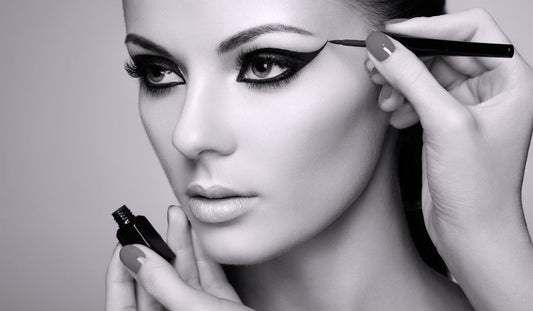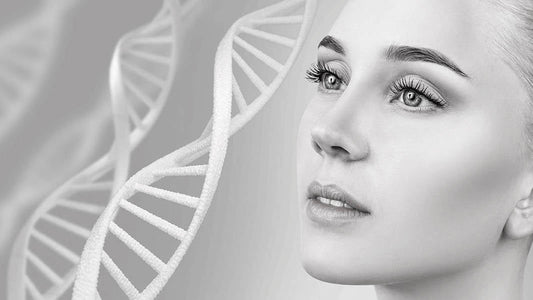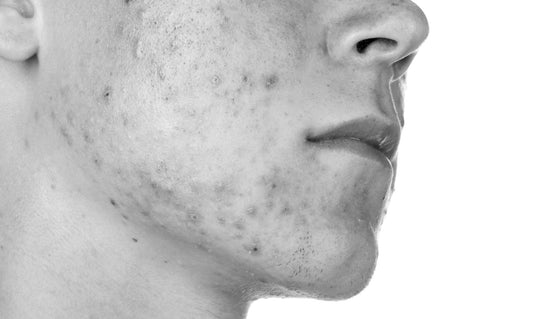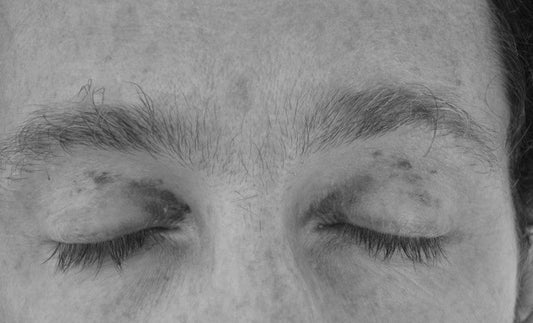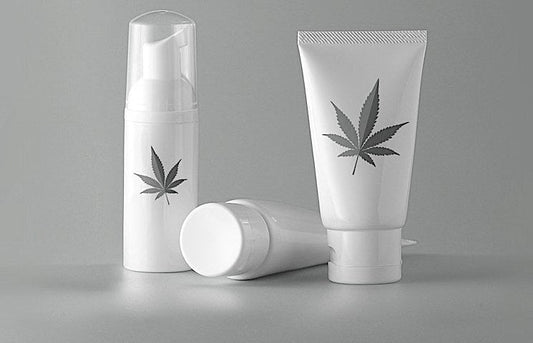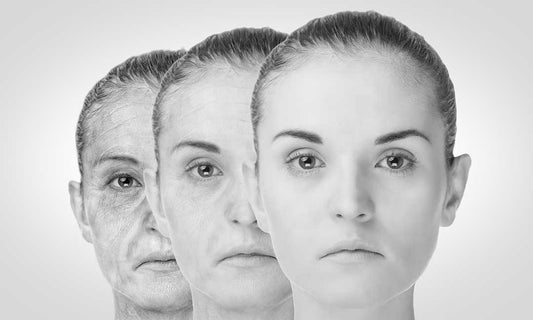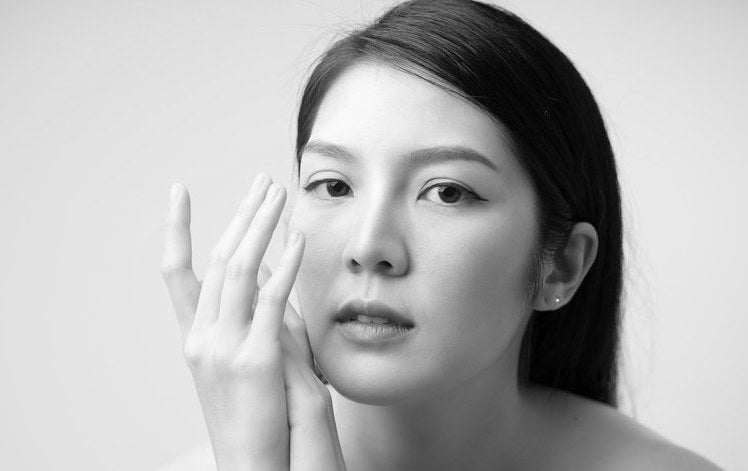
The best antioxidants for skin
You’ve probably at least heard of antioxidants and the seemingly unlimited benefits they can provide for your skin, but might not truly understand what they are and what they really do. In order to explain, we’ll have to bring in another beauty and wellness buzzword: free radicals. Bear with us a moment. “Free radicals are molecules that can cause damage to different components in cells, such as the DNA, proteins, outer barrier, and the matrix,” Melissa Kanchanapoomi Levin, M.D., board-certified NYC dermatologist, clinical instructor at NYU Langone and Mount Sinai, and founder of Entière Dermatology, tells SELF. Antioxidants are basically free radical fighters. Here’s what’s happening at the cellular level. Free radicals are unstable and highly reactive molecules that steal electrons from other sources, damaging cells in the process. Antioxidants essentially donate electrons to neutralize free radicals or stop them from forming in the first place. Dr. Levin explains that there is a delicate balance between free radicals and antioxidants that are naturally made in the skin. When that balance is lost—too many free radicals, fewer available antioxidants (a natural part of aging)—we experience something called oxidative stress, which plays a role in premature aging of the skin, hyperpigmentation, triggering inflammatory conditions like eczema and acne, as well as skin cancers. That’s where antioxidants in skin-care come in. The number one way to prevent free radical damage to our skin is to wear broad-spectrum sunscreen every day, which protects cells from the negative effects of UVA and UVB rays. But Dr. Levin points out that even if we wear enough sunscreen every day (which, let’s face it, no one does), the sun is not the only source of free radicals we need to think about. “Free radicals are created not only by UV radiation but also infrared radiation, pollutants, and other stressors,” such as smoking, she says. That’s why she and other derms recommend daily use of sunscreen and an antioxidant serum or cream (or a sunscreen with antioxidants). A lot of products now boast about having antioxidant power, but not all are created equal, says Dr. Levin. “Formulating a product that has antioxidants is actually a challenge,” she says, explaining that the antioxidant ingredients have to have a high enough anti-oxidative capability, be at a high enough concentration in the product and stable enough not to degrade, and actually be biologically active in the skin. “As a dermatologist, we see so many different formulations with antioxidants that we look to clinical studies to give us data to understand whether a formulation actually works or not.” We asked Dr. Levin and other dermatologists to recommend the best antioxidants to try—and which products pack the most antioxidant punch.
Vitamin A: “Often seen as retinol, tretinoin acid, and retinaldehyde, vitamin A has multiple functions, such as increasing healthy cellular turnover (thus exfoliating the skin and improving age spots), repairing cellular structure of the skin, decreasing sebum production, [and] eliciting formation of collagen (hence, improved fine lines and wrinkles),” Stacy Chimento, M.D., Miami-based dermatologist at Diane Walder by Riverchase Dermatology, tells SELF. “We often recommend it to patients who have pre-cancers on their face to repair the skin and to prevent the formation of skin cancer.”
Vitamin C: Often listed as ascorbic acid on product labels, the nutrient usually associated with the immune system is a dermatologist-favorite ingredient for your skin. “Vitamin C is a strong antioxidant that binds and removes harmful free radicals from the skin, like those produced from exposure to ultraviolet radiation and environmental pollutants,” Y. Claire Chang, M.D., a cosmetic dermatologist at Union Square Laser Dermatology in Manhattan, tells SELF. “All of these functions help prevent aging skin, including lightening brown spots, stimulating collagen, and protecting against UV damage.” While we can score vitamin C from plenty of foods we eat, such as tomato and citrus, it boosts our skin best via topical application.
Vitamin E: or tocopherol, has been shown in animal models as well as some research on humans to combat sun damage. “Scientific studies have demonstrated that vitamin E treatment can reduce UV-induced photodamage, decrease the risk of skin cancers, and stabilize the skin barrier,” says Dr. Chang. In addition to its antioxidant properties, vitamin E may also protect the skin by absorbing UV light, but it is rapidly depleted by UVB, which is why Dr. Chang recommends using it in combination with other antioxidants. In particular, vitamin C has been shown to stabilize and help regenerate vitamin E, making the combination of the two vitamins especially effective in fighting UV damage.
Vitamin B3: Also known as niacinamide, vitamin B3 is a powerful antioxidant found in many of the foods we eat—mostly meat. However, when it comes to skin benefits, derms are all about putting it on your face. “Studies have shown that topical application of niacinamide has many potential skin benefits, including improved skin hydration, reduced fine lines and wrinkles, decreased brown spots, improved skin redness/blotchiness, and better skin elasticity,” says Dr. Chang. Niacinamide is found in numerous skin-care products on the market currently.
Green Tea Polyphenols: For those looking to combat signs of premature aging, the polyphenols in green tea can help, says Dr. Chimento. “The main active ingredients of green tea extract are polyphenols, also known as catechins, which comprise 30 to 35 percent of the dry weight of the green tea leaf, and have multiple antioxidant effects, including anti-inflammation, anti-carcinogenic properties, and [working against] a decrease in collagen breakdown,” explains Dr. Chang. Because green tea helps reduce redness and inflammation, it’s especially ideal for those with sensitive skin. But don’t go rubbing your morning cup of tea on your face (or downing green tea extract supplements, for that matter)—there are so many green tea skin-care products.
Resveratrol: Naturally found in berries, peanuts, red grapes and, yep you guessed it, red wine, resveratrol possesses antioxidant, anti-inflammatory properties. “Scientific studies suggest that topically applied resveratrol protects against UVB-induced photodamage, pigmentation, and collagen degradation,” explains Dr. Chang. In other words, resveratrol may help brighten skin and prevent fine lines.
Curcumin: This polyphenol antioxidant is found in turmeric root—that yellow-gold-colored spice that’s popular in Mediterranean cuisines...and on Instagram. “Curcumin helps decrease inflammation, accelerates wound healing, prevents oily skin and acne, fights free radicals, and is photo-protective, anti-aging and anti-microbial (hence acne),” says Dr. Chimento. “Medically it has been reported to assist those who suffer with dermatological conditions such as psoriasis and scleroderma through its potent anti-inflammatory actions.” While it’s yellow color can make it difficult to incorporate in topical products, where there’s a will, there’s a way. (Source: Self.com)
WHAT TO
READ NEXT
STAY IN
TOUCH
Sign Up and be among the first to learn about new mìsula announcements and products.
- Choosing a selection results in a full page refresh.
- Opens in a new window.

